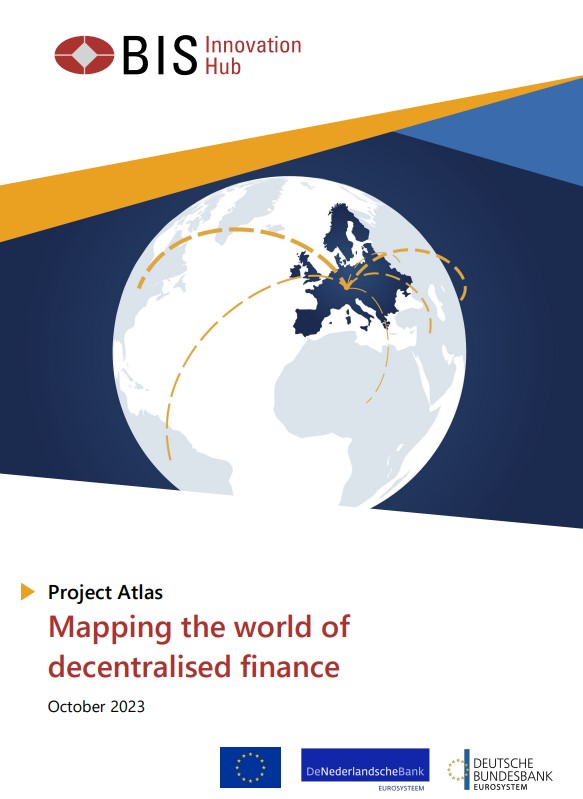Amidst a global financial paradigm shift, the BIS (Bank for International Settlements) and its partners recently expressed concerns regarding transparency within the booming cryptocurrency ecosystem. With specific instances such as the theft from Curve Finance’s pools and challenges in tracking cross-border crypto transactions, the central banks are undoubtedly on high alert.
The report sheds light on a critical question: Does the cryptocurrency industry have a data transparency issue? As Clemens Graf von Luckner, previously with the World Bank, points out, central banks are keen on understanding the crypto assets held by their residents abroad. Given that overseas investments can provide stability during financial crises, tracking these flows is paramount for maintaining economic resilience.
However, the decentralized nature of cryptocurrencies introduces complexities. Traditional information flow, from local banks to central banks to institutions like BIS, doesn’t exist in the crypto world. With the market being more peer-to-peer and the transactions pseudonymous, this poses challenges in data gathering and interpretation.
Yet, why is this issue pressing now? As von Luckner mentions, cryptocurrency has burgeoned into a $1 trillion industry, exerting tangible influence on fiat currency dynamics. Recognizing these shifts, European bankers are keenly observing the cryptocurrency cross-border flows.
With challenges come opportunities for solutions. While private analytics firms such as Chainalysis provide some data, it’s not entirely foolproof. The hope, as Stephan Meyer from Obligate suggests, is for central banks, BIS, and other stakeholders to gather data without necessitating fresh regulatory reporting protocols.
The question then arises: Could crypto exchanges take a proactive role? The consensus seems to be a resounding “yes.” By providing regulators with clear data insights, they can develop pragmatic regulatory frameworks. Analytics firms sharing crucial on-chain data with regulatory bodies exemplify this collaborative approach, proving its effectiveness.
Read the full report here
Concerning the above, the BESIDE project emerges as a beacon for financial professionals. As the crypto industry evolves and EU regulatory bodies push for more transparency, financial professionals must stay updated, especially concerning blockchain technology’s implications in digital financial services. The BESIDE project, funded by Erasmus+, precisely aims to equip these professionals with the required knowledge and tools.
Our pilot course and e-learning platform are meticulously crafted, ensuring that participants are well-versed with the latest industry developments. By supporting the digital transformation of vocational education and aligning with the objectives of European digital policy, we make sure that the professionals and VET training centers are always a step ahead.
The digital transformation ushered in by cryptocurrencies is both a challenge and an opportunity. While central banks and regulators grapple with data transparency issues, financial professionals must be well-informed and proactive. The BESIDE project, in line with the EU’s digital policies, is here to assist in this transformative journey.
For those keen on enhancing their digital capabilities and understanding the intricate world of blockchain and digital financial services, we invite you to explore our offerings and resources.
🌐 Visit the BESIDE project website for more information: https://besideproject.eu/









